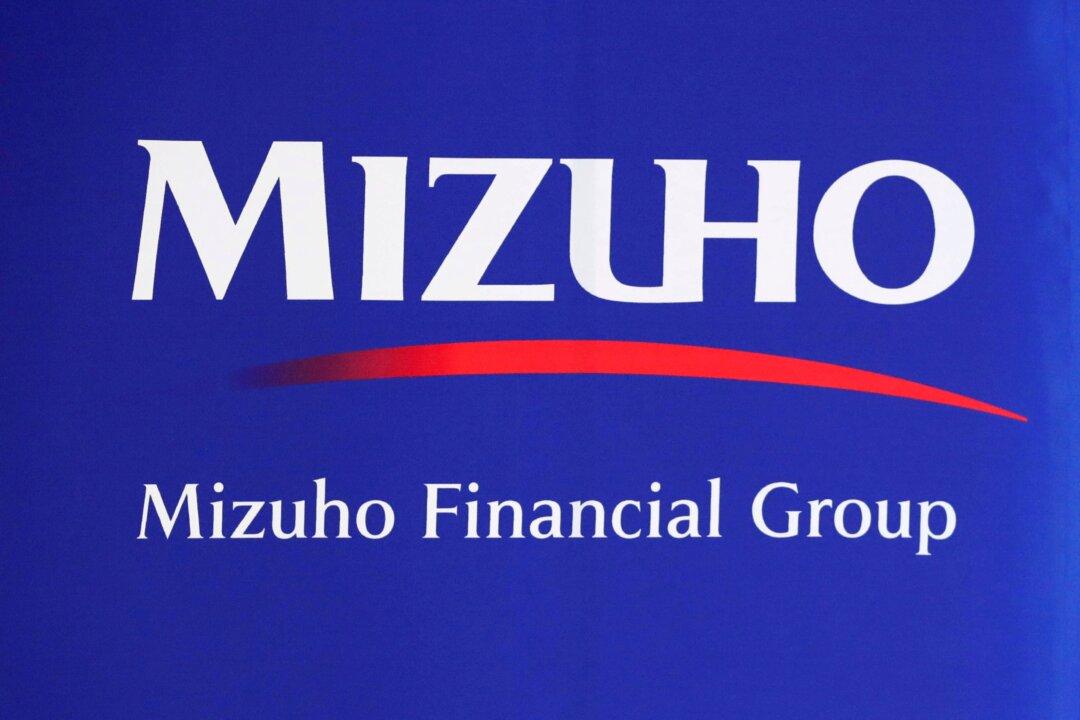TOKYO—Mizuho Financial Group said on Friday its chief, chairman, and three other executives will resign as financial authorities reprimanded Japan’s No. 3 lender for a series of technical system failures.
The Financial Services Agency (FSA), the country’s banking regulator, said in a statement the failures had “undermined the credibility of Japan’s bank settlement system”.





